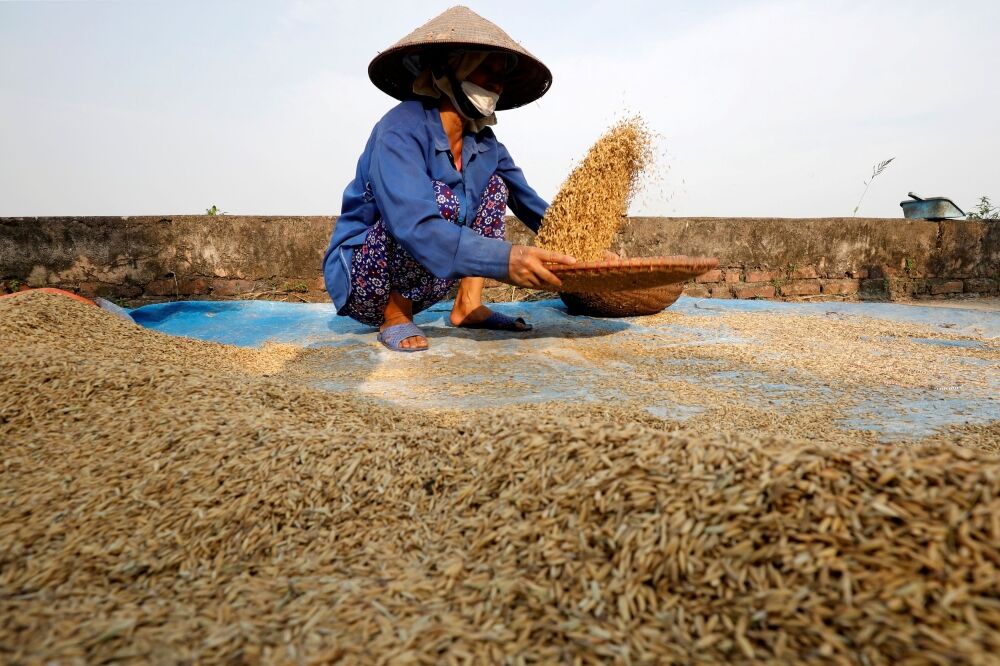Malaysia considers five-season paddy cultivation for agro-food ecosystem boost

The Malaysian government is considering a two-year paddy cultivation initiative with five seasons to enhance the country’s agro-food ecosystem. The decision was made during a recent Cabinet Committee on the National Food Security Policy (JKSMN) meeting, chaired by Prime Minister Anwar Ibrahim. The committee also discussed efforts by the Federal Agricultural Marketing Authority (Fama) to ensure food supply availability and a proposal to establish a closed-house breeding system for productive and safe farm management.
“A total of three papers were examined to improve the country’s agro-food ecosystem, especially in achieving the targeted level of food security,” the Prime Minister’s Office (PMO) said in a statement.
The JKSMN meeting, responsible for formulating a more holistic and sustainable food security policy and strategy, included Deputy Prime Minister and Plantation and Commodities Minister Fadillah Yusof, other Cabinet ministers, and senior government officials. The committee’s focus is on strengthening the country’s food security, considering factors affecting the agriculture sector, such as climate change, resource constraints, geopolitical conflicts, food access, income gaps, and dietary practices.
“Socioeconomic factors such as population income, logistics costs and food prices that affect access to sufficient, safe and nutritious food need to be given special attention in planning steps to deal with the uncertainty of food security,” the statement read.
The government, through the Agriculture and Food Security Ministry (KPKM), is working on various initiatives to reduce the trade deficit by strengthening research and development activities for seed varieties planted in the country. KPKM also aims to improve the export performance of agricultural-based downstream products and boost domestic food production activities.
“In addition, the implementation of the Festive Season Maximum Price Control Scheme (SHMMP) from April 15 to 30 and the Menu Rahmah initiative has been able to help reduce the impact of price increases in April 2023,” said the statement.
According to the statement, Malaysia is ranked 41st among 113 countries based on the Global Food Security Index (GFSI) 2022, down seven spots from 2021. This highlights the government’s challenges and priorities in implementing more effective improvement measures to increase food security.
The government will continue to ensure that proactive measures are emphasised in analysing and identifying new initiatives and designing more comprehensive, relevant, and strategic interventions to guarantee the sustainability of agro-food input supply and national food production activities.
Latest Thailand News
Follow The Thaiger on Google News:


























